|
In the mid-nineteenth century, a young man named Allan Pinkerton fled Scotland with a warrant on his head for his work agitating for labor rights. In the United States, he continued to fight for social justice. Beginning in 1844, he worked for Chicago Abolitionist leaders and his home outside of Chicago was a stop on the Underground Railroad. He was a close friend and ardent supporter of John Brown, helping him get runaway slaves to Canada. He was working as a barrel maker when he stumbled on a gang of counterfeiters. His handling of that incident began his career as a crime-solver, and in 1849, he was hired to be the first detective on the Chicago police force. Detective work was considered sleazy at that time—a way of profiting from other’s crimes. Pinkerton gave it a new meaning by making justice his mission. He created careful “detecting methods,” using psychology, logic, and clear thinking. These tools worked, and a year later, Pinkerton was able to set up his own company known as the North-Western Police Agency. This later became Pinkerton & Co. and then the Pinkerton National Detective Agency. In October, 1856 Pinkerton hired Kate Warne as the first woman detective in the United States. He was so impressed with her skill that he hired many other women (fifty years before any police department in America had female personnel.) While Pinkerton insisted that detectives must combine “considerable intellectual power and knowledge of human nature,” he discouraged them from pressuring confessions or taking statements from witnesses who were drunk. Above everything else, he valued the truth. Pinkerton ran the new spy agency, the Secret Service, for President Lincoln during the Civil War the same way he'd run his detective agency. He honed the art of “spycraft” and trained his agents the same way for both jobs, detective and spy. “The object of every investigation. . .is to come at the whole truth. . .There must be no endeavoring, therefore, to over-color or exaggerate anything against any particular individual, whatever the suspicion may be against him.” Pinkerton was working on a national criminal database when he died, but he left behind the legacy of his intelligence agency and a series of popular books about his cases, the first “true crime” stories in America. A retouched photograph of Pinkerton (left) with President Abraham Lincoln and Union Major General John A. McClernand on the Battlefield of Antietam, Maryland. Library of Congress Pinkerton is shown on horseback on the Antietam Battlefield in 1862. Pinkerton served on several undercover missions as a Union soldier using the alias Major E.J. Allen. This counterintelligence work done by Pinkerton and his agents is comparable to the work done by today's U. S. Army Counterintelligence Special Agents in which Pinkerton's agency is considered an early predecessor. Library of Congress 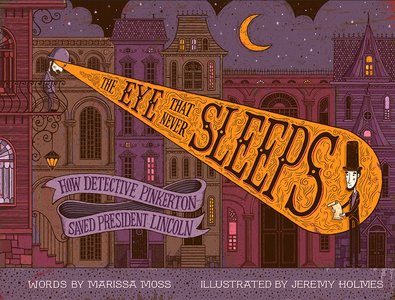 Award-winning author Marissa Moss has written the first children’s book about Allan Pinkerton. Everyone knows the story of Abraham Lincoln, but few know anything about the spy who saved him! Pinkerton had a successful detective agency, but his greatest contribution was protecting Abraham Lincoln on the way to his 1861 inauguration. Though assassins attempted to murder Lincoln en route, Pinkerton foiled their plot and brought the president safely to the capital. The Eye That Never Sleeps is illustrated with a contemporary cartoon style and includes a bibliography and a timeline. MLA 8 Citation
Moss, Marissa. "How to Go From Being Wanted by the Police to Working For Them." Nonfiction Minute, iNK Think Tank, 23 May 2018, www.nonfictionminute.org/ the-nonfiction-minute/ How-to-Go-From-Being-Wanted-by-the-Police-to-Working-for-Them.
0 Comments
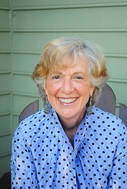 Seven white guards ringed the courtroom. Two more stood at Shadrach Minkins’ side. His lawyer Robert Morris, a black member of the Boston Vigilance Committee, a group of abolitionists who helped runaway slaves like Minkins, talked softly to him. Five other white men, who were also abolitionists stood behind Morris. Shadrach appreciated their support but he knew it wouldn’t matter. His three months of freedom in Boston, Massachusetts were over; he would be dragged back to Norfolk, Virginia and his owner, John DeBree. The Fugitive Slave Act of 1850 had been passed a year earlier: if runaway slaves were tracked down in the free states, they had to be returned to their owners. The guards started letting a few people at a time into the courtroom until it was packed with over a hundred and fifty black men and about fifty white men. Morris went up with DeBree’s lawyer to speak to the judge. “I need more time to prepare my client’s case,” Morris told the judge. Debree’s lawyer protested. The judge agreed to give Morris a few more days. Then he ordered the courtroom cleared. Most of the white men hurried out. Not one black man moved. “Clear the court!" the bailiff shouted. No one moved. The guards walked threateningly toward the black spectators, and they reluctantly got up to leave. The guard opened the courtroom door just wide enough for one man at a time to get out. Shadrach watched them leave. Morris was the last. When the door was opened for him, twenty black men and a good number of whites pushed into the courtroom. The guards on either side of Shadrach pressed him close. The seven guards along the wall tried to move toward Shadrach, but the crowd moved more quickly and pressed them back. Two men hoisted Shadrach to his feet. “Take him out the side door,” someone shouted. A guard’s voice echoed in Shadrach's ears as the crowd ran triumphantly out the side courtroom door, down the stairs, out into the street with their prize. Five days later, on February 20, 1851, Shadrach arrived in Canada shepherded by various Underground Railroad conductors along the way. His rescue caused an uproar. Southerners demanded an investigation. Northern abolitionists insisted the Fugitive Slave Act was illegal. Eight men, including Morris were arrested, but the charges were dropped. Eighteen months later Shadrach was married and running a barber shop in Montreal. 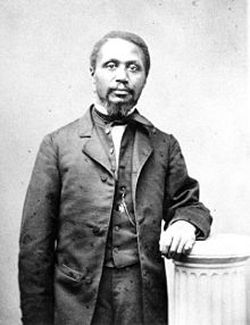 Admitted to the Massachusetts bar in 1847, Robert Morris may have been the first black male lawyer to file a lawsuit in the U.S. Wikipedia Commons. 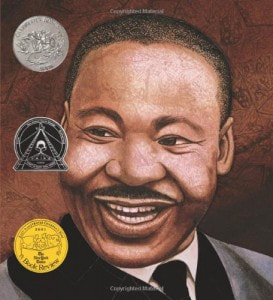 Doreen Rappaport is known for her ground-breaking approach to multicultural history and stories for young readers. In her many award-winning books, she brings attention to not-yet-celebrated Americans, along with well-known figures. Her book Martin's Big Words: The Life of Dr. Martin Luther King, Jr. is an Orbis Pictus Honor Book, Coretta Scott King Honor Book, Caldecott Honor Book for Illustration, and an ALA Notable Book. For more information, click here. And while you're on Doreen Rappaport's website, look at the list of her African-American History books. MLA 8 Citation
Rappaport, Doreen. "Caught!" Nonfiction Minute, iNK Think Tank, 12 Feb. 2018, www.nonfictionminute.org/the-nonfiction-minute/caught. Why is Black History Month celebrated in February? The answer is really quite love-ly. For Black people enslaved, a birthday was as hard to come by as justice. But, never one to be outdone by the “impossible,” Frederick Bailey wanted a birthday—and a birthday he was going to have. First, he'd have to find out when it was. He’d heard that his father was the slave owner from whom he'd escaped, so he couldn't ask him. His mother, Harriet Bailey, had been sold away from him when he was only five, so he couldn't ask her. But, he could remember stories she'd told him before they’d been separated. She said he was born on a Maryland plantation in the ‘teens. He chose the mid-teens, 1818, for his birth year. She always called him her “little valentine.” He chose Valentine’s Day for his birth date. With that, Frederick finally had the birthday he'd always wanted: February 14, 1818. Then . . . In 1926, Dr. Carter G. Woodson wanted to solve a problem. For centuries, Americans were taught to believe that African Americans had “no history or culture.” Now that is, of course, impossible. Everyone inherits the history and culture of their family elders. But, this horrific idea was used to justify slavery and segregation by making Black people seem less than human. Dr. Woodson had a better idea: he’d tell the truth. He would research and share the true history of Black people in countries throughout the world over. To promote his idea, he created Negro History Week (now, Black History Month). He chose February in honor of two birthdays. Born on February 12, 1809, Abraham Lincoln was the first American president to take action to end slavery. Born on February 14, 1818 Harriet Bailey’s “little Valentine's” became the noted Underground Railroad conductor, abolitionist, and publisher, Frederick Douglass. As a special adviser to President Lincoln, he proposed—and the president wrote and signed—the “Emancipation Proclamation”; ending slavery. Such is the power of love. We never know how we will remember what our parents say or what their words will mean to us when we need them most. Frederick's mother—an enslaved woman with so little to give—empowered her son for life with the gift of her enduring love. For this love-ly reason, February is Black History Month. Frederick Bailey's mother was sold to a new owner, leaving the 5-year-old behind. This was a common practice in the slavery era. Abraham Lincoln's successful campaign to end slavery in the United States culminated in the Emancipation Declaration of 1863. Alexander Gardner via Wikimedia Commons ;In 1926, Carter G. Woodson (left) shown here as a young man, pioneered the celebration of "Negro History Week" during the second week in February, to coincide with marking the birthdays of Abraham Lincoln (above) and Frederick Douglass (right). Black United Students and Black educators at Kent State University expanded the celebration to become Black History Month on February 1, 1970. Woodson Courtesy of the New River Gorge National River website, National Park Service, Department of the Interior, United States Government; Douglass via Wikimedia Commons. 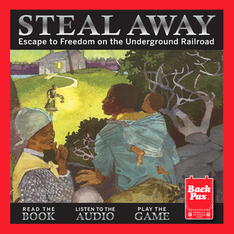 Janus Adams has produced Steal Away-- a package of a book, an audio and a game about the Underground Railroad. You can learn more about her award-winning series of adventure and travel books, audios and games on her website called Back Pax Kids. MLA 8 Citation
Adams, Janus. "Title tbd." Nonfiction Minute, iNK Think Tank, 28 Feb. 2018, www.nonfictionminute.org/the-nonfiction-minute/ why-is-february-black-history-month. |
*NEWS
|
For Vicki Cobb's BLOG (nonfiction book reviews, info on education, more), click here: Vicki's Blog
The NCSS-CBC Notable Social Studies Committee is pleased to inform you
that 30 People Who Changed the World has been selected for Notable Social Studies Trade Books for Young People 2018, a cooperative project of the National Council for the Social Studies (NCSS) & the Children’s Book Council
Categories
All
Abolitionists
Adams Janus
Adaptation
Adaptations
Adkins Jan
Advertising
Aerodynamics
Africa
African American History
African Americans
Africa West
Agriculture
Aircraft
Air Pilots
Air Pressure
Air Travel
Albee Sarah
Alchemy
Alligators
Allusion
American History
American Icons
Amphibians
Amundsen Roald
Anatomy
Ancient
Ancient Cultures
Anderson Marian 1897-1993
Animal Behavior
Animal Experimentation
Animal Intelligence
Animals
Animation
Antarctica
Ants
Apache Indians
Apes
April Fool's Day
Architecture
Argument
Arithmetic
Art
Art Deco
Artists
Arts
Asia
Astronauts
Astronomy
Athletes
Atomic Theory
Audubon Societies
Authors
Autobiography
Automobiles
Aviation
Awards
Bacteria
Baseball
Battuta Ibn
Bears
Beatles
Beavers
Bees
Biodegradation
Biography
Biology
Biomes
Biomimicry
Biplanes
Birds
Black Death
Black History
Blindness
Blizzards
Bombs
Bonaparte Napoleon
Boone Daniel
Botany
Brazil
Bridges
Brill Marlene Targ
Brooklyn Bridge
Brown John
Buffaloes
Building Materials
Butterflies
Caesar
Caesar Julius
Caissons
Calculus
Calendars
Cannibal
Capitals
Caravaggio
Carbon Dioxide
Carnivores
Carson Mary Kay
Cartoons & Comics
Carving (Decorative Arts)
Cascade Range
Castaldo Nancy
Castles
Castrovilla Selene
Cathedrals
Cats
Caves
Celts
Cemeteries
Chemistry
Children's Authors
Child Welfare
China
Choctaw Indians
Christmas
Chronometers
Cicadas
Cinco De Mayo
Ciphers
Circle
Citizenship
Civil Rights
Civil Rights Movements
Civil War
Civil War - US
Climate
Climate Change
Clocks And Watches
Clouds
Cobb Vicki
COBOL (Computer Language)
Code And Cipher Stories
Collard III Sneed B.
Collectors And Collecting
Color
Commerce
Communication
Competition
Compilers
Composers
Computers
Congressional Gold Medal
Consitution
Contests
Contraltos
Coolidge Calvin
Cooling
Corms
Corn
Counterfeiters
Covid-19
Crocodiles
Cryptography
Culture
Darwin Charles
Declaration Of Independence
Decomposition
Decompression Sickness
Deep-sea Animals
Deer
De Medici Catherine
Design
Detectives
Dickens Charles
Disasters
Discrimination
Diseases
Disney Walt
DNA
Dogs
Dollar
Dolphins
Douglass Frederick 1818-1895
Droughts
Dr. Suess
Dunphy Madeleine
Ear
Earth
Earthquakes
Ecology
Economics
Ecosystem
Edison Thomas A
Education
Egypt
Eiffel-gustave-18321923
Eiffel-tower
Einstein-albert
Elephants
Elk
Emancipationproclamation
Endangered Species
Endangered-species
Energy
Engineering
England
Englishlanguage-arts
Entomology
Environmental-protection
Environmental-science
Equinox
Erie-canal
Etymology
Europe
European-history
Evolution
Experiments
Explorers
Explosions
Exports
Extinction
Extinction-biology
Eye
Fairs
Fawkes-guy
Federalgovernment
Film
Fires
Fishes
Flight
Floods
Flowers
Flute
Food
Food-chains
Foodpreservation
Foodsupply
Food-supply
Football
Forceandenergy
Force-and-energy
Forensicscienceandmedicine
Forensic Science And Medicine
Fossils
Foundlings
France
Francoprussian-war
Freedom
Freedomofspeech
French-revolution
Friction
Frogs
Frontier
Frontier-and-pioneer-life
Frozenfoods
Fugitiveslaves
Fultonrobert
Galapagos-islands
Galleys
Gametheory
Gaudi-antoni-18521926
Gender
Generals
Genes
Genetics
Geography
Geology
Geometry
Geysers
Ghosts
Giraffe
Glaciers
Glaucoma
Gliders-aeronautics
Global-warming
Gods-goddesses
Gold-mines-and-mining
Government
Grant-ulysses-s
Grasshoppers
Gravity
Great-britain
Great-depression
Greece
Greek-letters
Greenberg Jan
Hair
Halloween
Handel-george-frederic
Harness Cheryl
Harrison-john-16931776
Health-wellness
Hearing
Hearing-aids
Hearst-william-randolph
Henry-iv-king-of-england
Herbivores
Hip Hop
History
History-19th-century
History-france
History-world
Hitler-adolph
Hoaxes
Holidays
Hollihan Kerrie Logan
Homestead-law
Hopper-grace
Horses
Hot Air Balloons
Hot-air-balloons
Housing
Huguenots
Human Body
Hurricanes
Ice
Icebergs
Illustration
Imagery
Imhotep
Imperialism
Indian-code-talkers
Indonesia
Industrialization
Industrial-revolution
Inquisition
Insects
Insulation
Intelligence
Interstatecommerce
Interviewing
Inventions
Inventors
Irrational-numbers
Irrigation
Islands
Jacksonandrew
Jazz
Jeffersonthomas
Jefferson-thomas
Jemisonmae
Jenkins-steve
Jet-stream
Johnsonlyndonb
Jokes
Journalism
Keeling-charles-d
Kennedyjohnf
Kenya
Kidnapping
Kingmartinlutherjr19291968
Kingmartinlutherjr19291968d6528702d6
Kings-and-rulers
Kings Queens
Kings-queens
Koala
Labor
Labor Policy
Lafayette Marie Joseph Paul Yves Roch Gilbert Du Motier Marquis De 17571834
Landscapes
Languages-and-culture
Law-enforcement
Layfayette
Levers
Levinson Cynthia
Lewis And Clark Expedition (1804-1806)
Lewis Edmonia
Liberty
Lift (Aerodynamics)
Light
Lindbergh Charles
Liszt Franz
Literary Devices
Literature
Lizards
Longitude
Louis XIV King Of France
Lumber
Lunar Calendar
Lynching
Macaws
Madison-dolley
Madison-james
Madison-james
Mammals
Maneta-norman
Maneta-norman
Marathon-greece
Marine-biology
Marine-biology
Marines
Marsupials
Martial-arts
Marx-trish
Mass
Massachusetts-maritime-academy
Mass-media
Mastodons
Mathematics
May-day
Mcclafferty-carla-killough
Mcclafferty-carla-killough
Mckinley-william
Measurement
Mechanics
Media-literacy
Media-literacy
Medicine
Memoir
Memorial-day
Metaphor
Meteorology
Mexico
Mickey-mouse
Microscopy
Middle-west
Migration
Military
Miners
Mississippi
Molasses
Monarchy
Monsters
Montgomery
Montgomery-bus-boycott-19551956
Montgomery-heather-l
Monuments
Moon
Moran-thomas
Morsecode
Morsesamuel
Moss-marissa
Moss-marissa
Motion
Motion-pictures
Mummies
Munro-roxie
Munro-roxie
Musclestrength
Museums
Music
Muslims
Mythologygreek
Nanofibers
Nanotechnology
Nathan-amy
Nathan-amy
Nationalfootballleague
Nationalparksandreserves
Nativeamericans
Native-americans
Native-americans
Naturalhistory
Naturalists
Nature
Nauticalcharts
Nauticalinstruments
Navajoindians
Navigation
Navy
Ncaafootball
Nervoussystem
Newdeal19331939
Newman-aline
Newman-aline
Newton-isaac
New-york-city
Nobelprizewinners
Nomads
Nonfictionnarrative
Nutrition
Nylon
Nymphs-insects
Oaths Of Office
Occupations
Ocean
Ocean-liners
Olympics
Omnivores
Optics
Origami
Origin
Orphans
Ottomanempire
Painters
Painting
Paleontology
Pandemic
Paper-airplanes
Parksrosa19132005
Parrots
Passiveresistance
Patent Dorothy Hinshaw
Peerreview
Penguins
Persistence
Personalnarrative
Personification
Pets
Photography
Physics
Pi
Pigeons
Pilots
Pinkertonallan
Pirates
Plague
Plains
Plainsindians
Planets
Plantbreeding
Plants
Plastics
Poaching
Poetry
Poisons
Poland
Police
Political-parties
Pollen
Pollution
Polo-marco
Populism
Portraits
Predation
Predators
Presidentialmedaloffreedom
Presidents
Prey
Prey-predators
Prey-predators
Prime-meridian
Pringle Laurence
Prohibition
Proteins
Protestandsocialmovements
Protestants
Protestsongs
Punishment
Pyramids
Questioning
Radio
Railroad
Rainforests
Rappaport-doreen
Ratio
Reading
Realism
Recipes
Recycling
Refrigerators
Reich-susanna
Religion
Renaissance
Reproduction
Reptiles
Reservoirs
Rheumatoidarthritis
Rhythm-and-blues-music
Rice
Rivers
Roaringtwenties
Roosevelteleanor
Rooseveltfranklind
Roosevelt-franklin-d
Roosevelt-theodore
Running
Russia
Safety
Sanitation
Schwartz David M
Science
Scientificmethod
Scientists
Scottrobert
Sculpture
Sculpturegardens
Sea-level
Seals
Seals-animals
Secretariesofstate
Secretservice
Seeds
Segregation
Segregationineducation
Sensessensation
September11terroristattacks2001
Seuss
Sextant
Shackletonernest
Shawneeindians
Ships
Shortstories
Silkworms
Simple-machines
Singers
Siy Alexandra
Slavery
Smuggling
Snakes
Socialchange
Social-change
Socialjustice
Social-justice
Socialstudies
Social-studies
Social-studies
Sodhouses
Solarsystem
Sound
Southeast-asia
Soybean
Space Travelers
Spain
Speech
Speed
Spiders
Spies
Spiritualssongs
Sports
Sports-history
Sports-science
Spring
Squirrels
Statue-of-liberty
STEM
Storms
Strategy
Sugar
Sumatra
Summer
Superbowl
Surgery
Survival
Swanson-jennifer
Swinburne Stephen R.
Synthetic-drugs
Taiwan
Tardigrada
Tasmania
Tasmanian Devil
Tasmanian-devil
Technology
Tecumsehshawneechief
Telegraph-wireless
Temperature
Tennis
Terrorism
Thomas Peggy
Thompson Laurie Ann
Time
Titanic
Tombs
Tortoises
Towle Sarah
Transcontinental-flights
Transportation
Travel
Trees
Trung Sisters Rebellion
Tundra
Turnips
Turtles
Typhoons
Underground Railroad
Us-environmental-protection-agency
Us History
Us-history
Ushistoryrevolution
Us History Revolution
Us-history-war-of-1812
Us Presidents
Ussupremecourtlandmarkcases
Vacations
Vaccines
Vangoghvincent
Vegetables
Venom
Vietnam
Viruses
Visual-literacy
Volcanoes
Voting-rghts
War
Warne-kate
Warren Andrea
Washington-dc
Washington George
Water
Water-currents
Wax-figures
Weapons
Weather
Weatherford Carole Boston
Whiting Jim
Wildfires
Winds
Windsor-castle
Wolves
Woman In History
Women
Women Airforce Service Pilots
Women-airforce-service-pilots
Womeninhistory
Women In History
Women-in-science
Women's History
Womens-roles-through-history
Wonder
Woodson-carter-godwin-18751950
World-war-i
World War Ii
World-war-ii
Wright Brothers
Writing
Writing-skills
Wwi
Xrays
Yellowstone-national-park
Zaunders Bo
ArchivesMarch 2021
February 2021
January 2021
December 2020
November 2020
October 2020
September 2020
June 2020
May 2020
April 2020
March 2020
February 2020
January 2020
December 2019
October 2019
September 2019
August 2019
July 2019
May 2019
April 2019
March 2019
February 2019
January 2019
December 2018
November 2018
September 2018
June 2018
May 2018
April 2018
March 2018
February 2018
January 2018
December 2017
November 2017
October 2017
September 2017
March 2017
The NONFICTION MINUTE, Authors on Call, and. the iNK Books & Media Store are divisions of iNK THINK TANK INC.
a 501 (c) (3) nonprofit corporation. To return to the iNK Think Tank landing page click the icon or the link below. :
http://inkthinktank.org/
For more information or support, contact thoughts@inkthinktank.org
For Privacy Policy, go to
Privacy Policy
© COPYRIGHT the Nonfiction Minute 2020.
ALL RIGHTS RESERVED.
This site uses cookies to personalize your experience, analyze site usage, and offer tailored promotions. www.youronlinechoices.eu
Remind me later
Archives
March 2023
February 2023
January 2023
December 2022
November 2022
October 2022
September 2022
June 2022
May 2022
April 2022
March 2022
February 2022
January 2022
December 2021
November 2021
September 2021
April 2021
March 2021
February 2021
November 2020
October 2020
September 2020
June 2020
May 2020
April 2020
March 2020
February 2020
January 2020
October 2019
August 2019
July 2019
May 2019
April 2019
December 2018
September 2018
June 2018
May 2018
March 2018
February 2018
January 2018
December 2017
November 2017
October 2017
September 2017

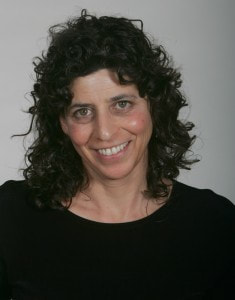

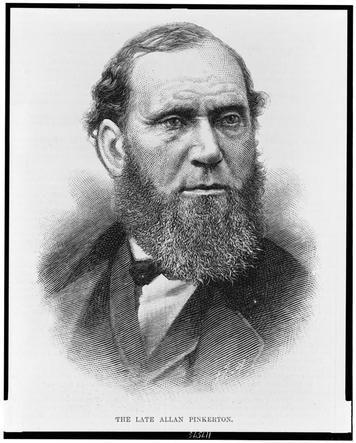
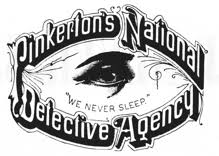
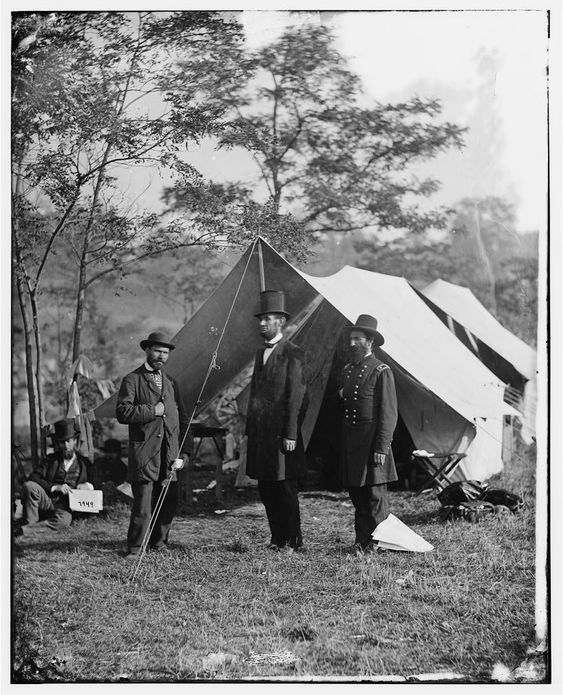
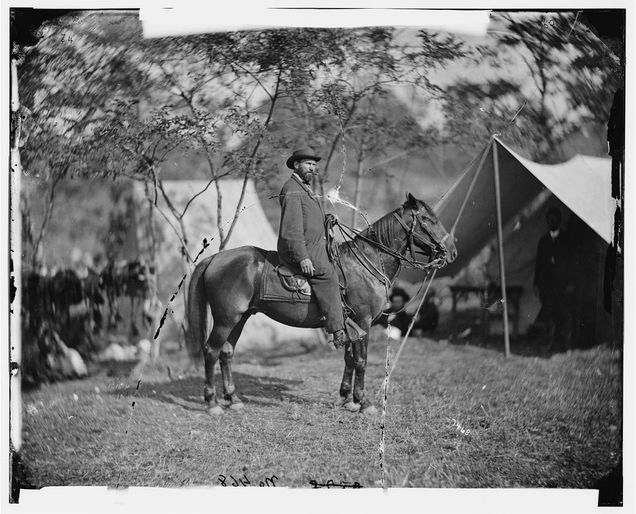


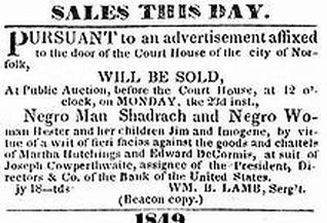
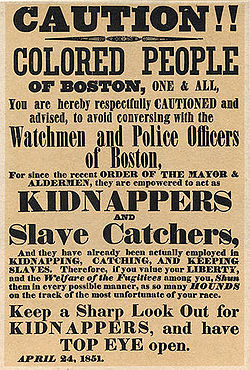

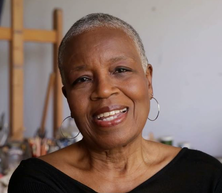

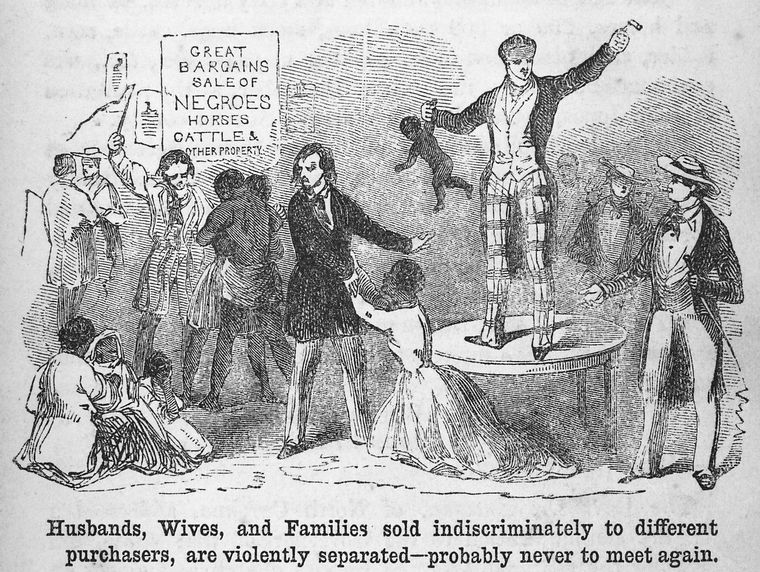
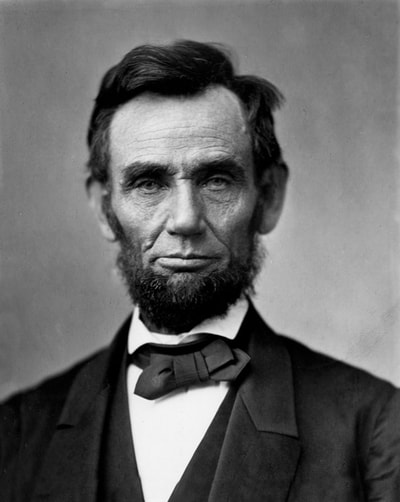
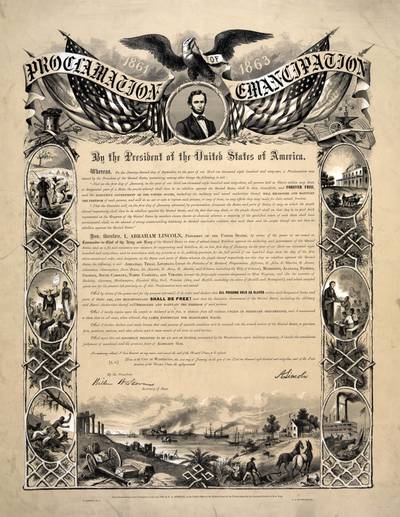
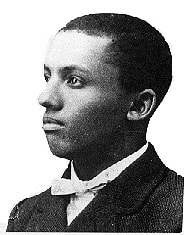
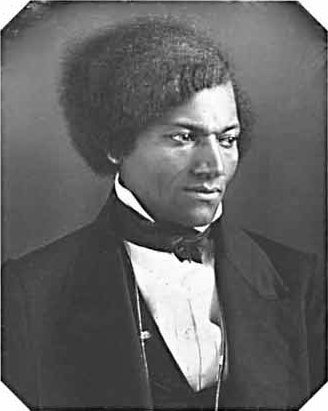

 RSS Feed
RSS Feed
